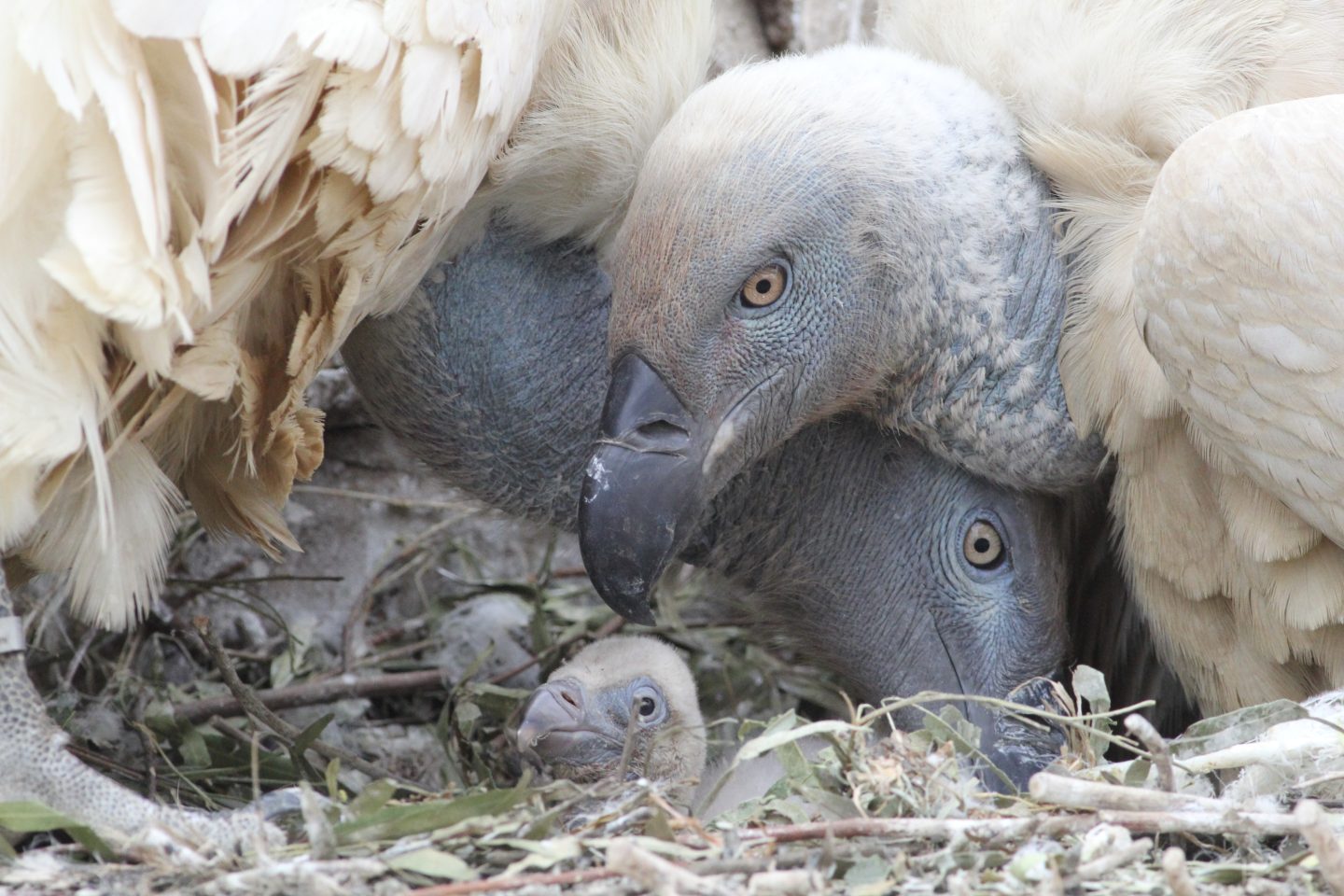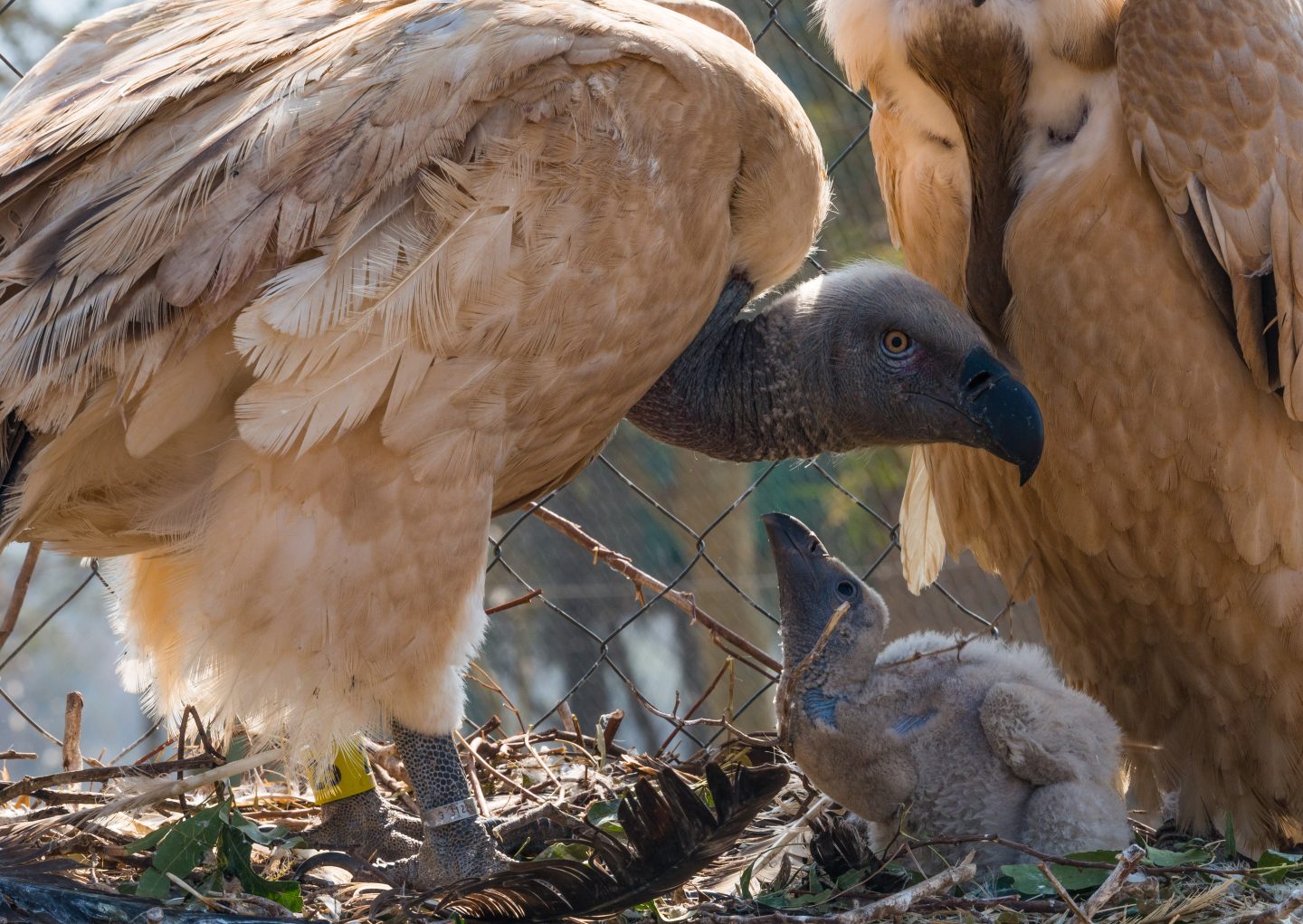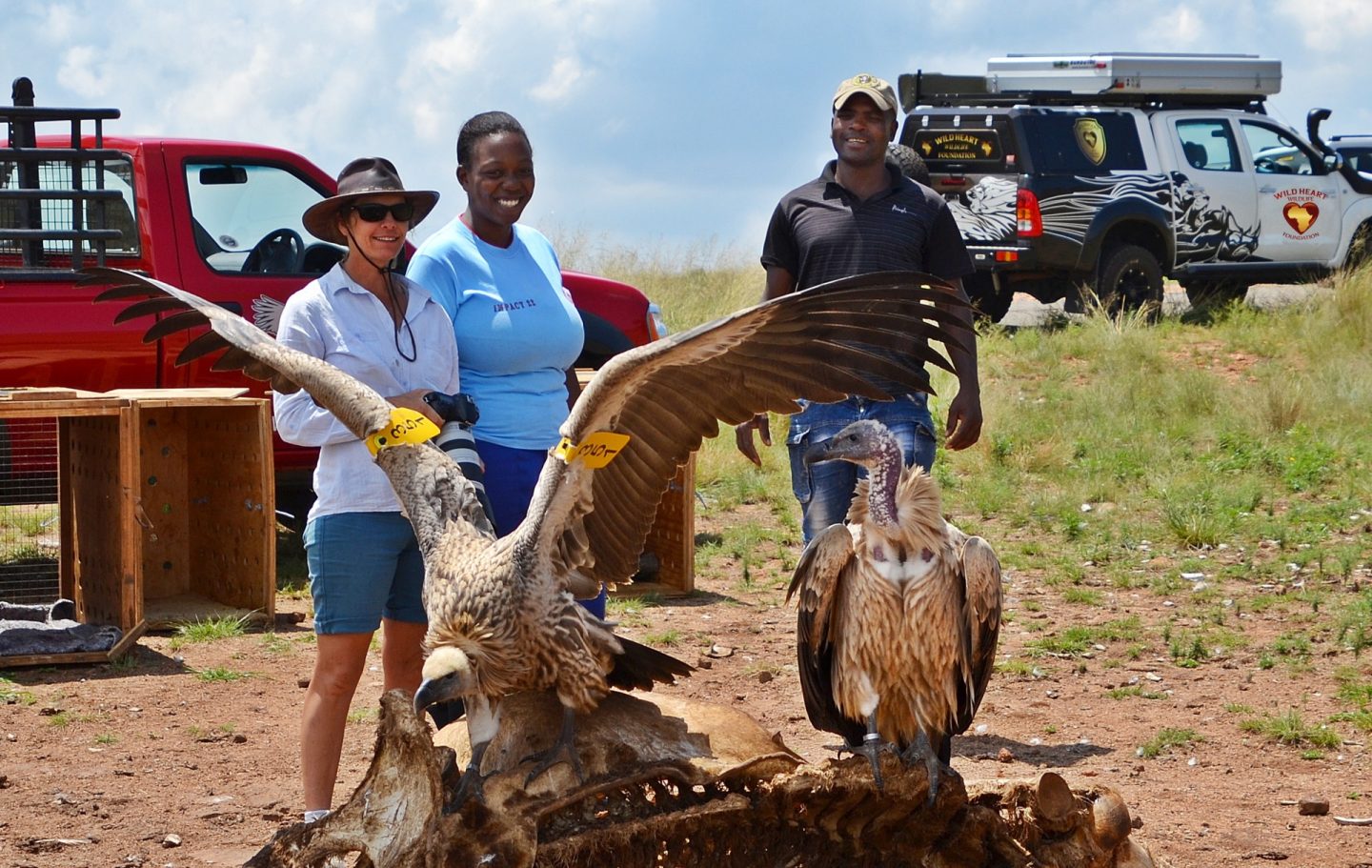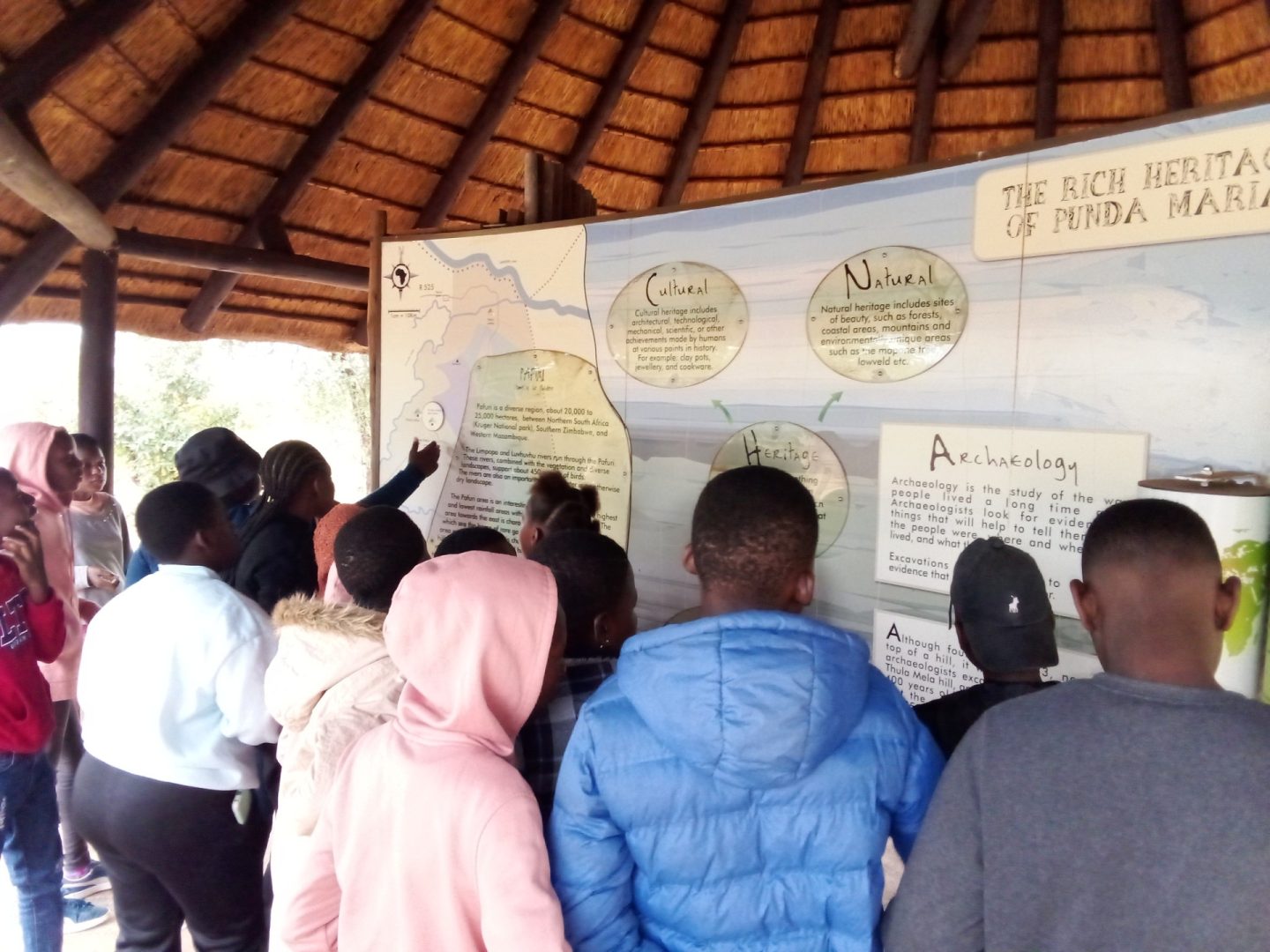
A recent study* has found that 88% of African birds of prey have declined over the last 20-40 years. The study, which covers 42 raptor species, found the largest declines in West Africa and Kenya, and that declines were twice as severe in unprotected areas, stressing the importance of well-managed and maintained protected areas.
Birds of prey are particularly vulnerable to habitat fragmentation, persecution, prey-based depletion and farmland expansion driven by increased human population. Alongside a slow reproductive rate that means they take longer to replenish population numbers, these statistics provide a very worrying outlook for the future of Africa’s birds of prey, many of whom play keystone roles in their environment.
Despite protected areas accounting for just under 20%* of land and inland waters across Africa, they are increasingly important. Almost 70% of declining African birds of prey have become more dependent on them. However, protected areas have also still seen a decline in raptors due to severe land degradation, creating unsuitable environments for them to thrive in. Sadly, over 82% of land within 516 African conservation areas was considered to be failing or deteriorating*.
Alarmingly, 2/3 of the birds of prey studied could be listed as globally threatened, on the IUCN Red List, confirming that they are facing an extinction crisis.
Notable species include the critically endangered hooded vulture, which has an estimated population decline of nearly 70% , following a surge in demand for vulture body parts. People use the head, foot, heart, etc, to try and bring good luck, health or prosperity.
Vulture conservation is a key focus of Tusk’s and since 2009, we have provided annual funding to Vulpro which is the only vulture conservation facility of its kind on the continent, spearheading population restocking and supplementation to address the severe decline in African vulture species.
In partnership with VulPro, our Pan African Conservation Education (PACE) programme, started community and school programmes in Southern Africa vulture poaching hotspots last year, to great effect. This year we’ve extended to West Africa, to areas where the hooded vulture suffers unprecedented persecution from spiritual and belief-based killings. Together with Nigerian colleagues, we’ve updated the PACE Vulture resources, and copies will be in their schools and communities this month. Education is a sure way to bust the myths and misunderstandings around vultures. Tusk’s PACE Coordinator, Penny Fraser is “excited at the success of our kids vulture clubs, excited by the enthusiasm and engagement of teachers, children and their families, and by the many requests for more of our resources.”
Ensuring Africa’s birds of prey have sufficient protected and connected protected areas will be vital to their future. As keystone species, their survival is in turn critical for the maintenance of healthy ecosystems with high levels of biodiversity.
At the end of January 2024, VulPro will be relocating 155 vultures, initiating a two-year relocation process, which will be the largest vulture relocation ever undertaken! Joe Cloete, CEO of Shamwari where the vultures will be relocated, says that “vultures play a vital role in maintaining a healthy ecosystem, are part of our natural heritage and are severely threatened. I cannot overstate how reintroducing Cape Vultures is a critical step in the continuing evolution of our conservation journey and enhancing the ecological importance of the reserve.”



